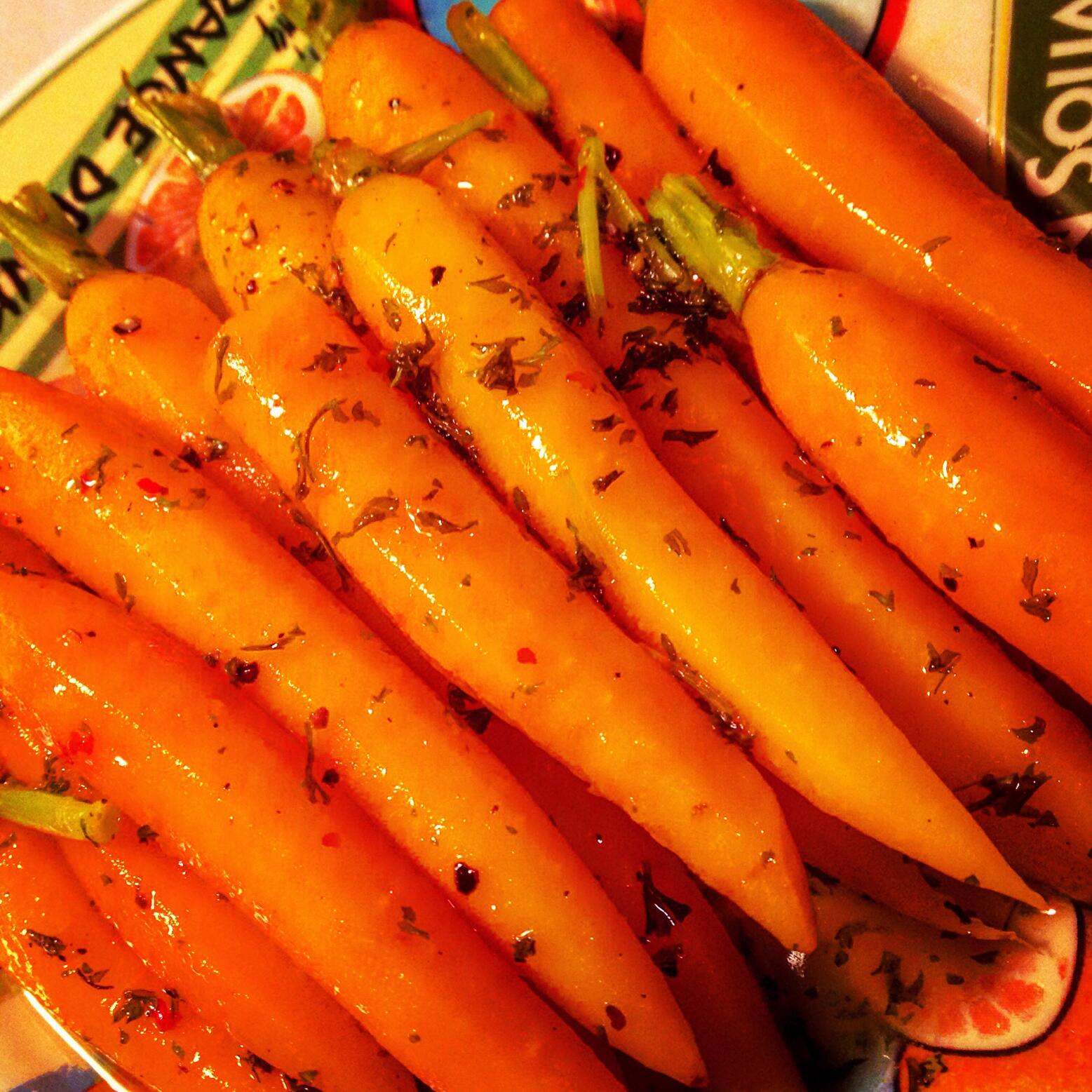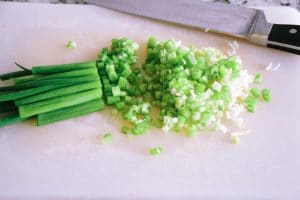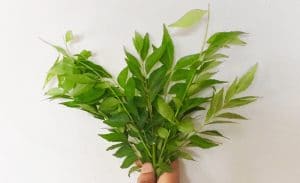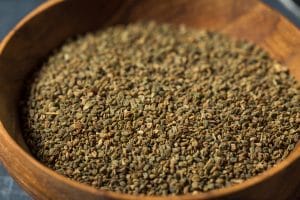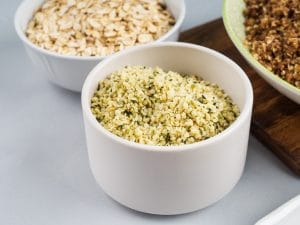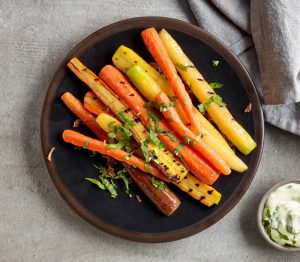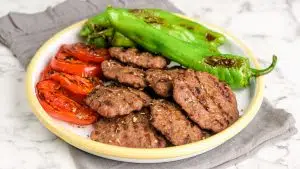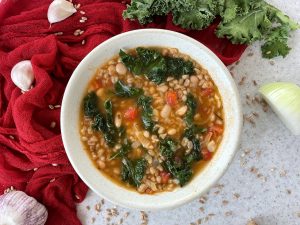Best Substitutes For Carrots
Important Note: When you buy through our links, we may earn a commission. As an Amazon Associate we earn from qualifying purchases. Content, pricing, offers and availability are subject to change at any time - more info.
Carrots are the staple food of many recipes. You can use them as ingredients in everything from soups to salads. The problem, however, is that not everyone is a fan of this orange vegetable. You might have children who refuse to touch carrots, or you might have a food allergy that prevents you from enjoying them.
Whatever the case may be, it’s important that you’re able to find a viable substitute that suits your needs. Whether you need a replacement for a recipe or you just don’t like carrots, you’ll be happy to know that there are alternatives that you can use in place of carrots.
Carrots are very popular vegetables. However, they can be pretty difficult to buy in some parts of the world. In fact, many people are unable to find carrots depending on the time of year it is.
In most cases, there are fortunately other vegetables that you can use as substitutes. So today, we will share with you the various vegetables that work as alternatives to carrots. We will also discuss how these substitutes work in recipes.
Best Carrot Substitutes
You can enjoy carrots in a lot of different ways, whether in recipes or in soups and salads. But if carrots aren’t available, you need to improvise. As such, here are our top picks for suitable carrot substitutes.
Parsnip
Parsnips are frequently used in place of carrots in various recipes. Parsnip is a good choice for those who cannot consume too many carbohydrates while dieting or who simply do not like the way carrots taste.
Their texture and taste are similar to carrots but not nearly as sweet as them. If you wish to try out parsnips, be sure to check out some recipes online that show you quick and easy it is to put parsnips to use.
Daikon
This is a kind of radish, which can replace carrots in both recipes and dishes. Daikon radishes are usually a light green or white color with a big bulbous shape.
They also have a milder taste compared to most other radishes, and even their leaves are edible. Daikon radishes contain some vitamin A, vitamin C, and beta carotene. You’ve probably been told that carrots improve eyesight ever since you were young. It’s the beta carotene that contributes to eye health.
Furthermore, many people find it hard to eat carrots because of their strong taste. This is where daikon comes in. These radishes make an ideal alternative for anyone wanting a milder taste.
Daikon radishes can also assist you in losing weight thanks to there being fewer carbohydrates and calories compared to vegetables like potatoes or spinach. As such, you will find that it’s easier to maintain your diet when using daikon radishes as an alternative.
Turnips
Popular vegetables like carrots are used in a wide variety of dishes. As such, it’s easy to come across recipes that call for carrots. But what happens when you don’t have any carrots available? Thankfully, turnips serve as one of the best alternatives to carrots.
While it’s true that these vegetables look radically different from one another, turnips work wonders when you need a viable replacement in a pinch. That’s because turnips taste similar to carrots. Not only that but turnips are prepared much like carrots, too.
You don’t typically see turnips on family dinner tables. But that doesn’t mean that they can’t be used in place of carrots in various recipes. The fact of the matter is that turnips provide a taste that is close enough to carrots when used in recipes that you likely won’t be able to tell the difference.
Turnips are both sweet-tasting and crunchy when eaten, thereby emulating the famous flavor and texture that carrots are so well known for. The ideal way to use turnips is in stews or soups as an added ingredient. It’s there that the natural sweetness of turnips exudes.
Baby Carrots
It’s no secret that carrots serve as the staple food in many dishes. But they are also commonly used as a simple snack. If you are unable to locate carrots at your local supermarket, don’t give up hope. Sometimes, you want the taste and texture of carrots, and no substitute will work as a replacement for your taste buds.
Enter: baby carrots. They offer the very same sweetness and crunch as those found in traditional carrots, with only half of the calories. You may use baby carrots in any of your recipes that require carrots in any form, whether sliced or shredded.
Any because they have such a small profile, baby carrots are ideal for children. Many parents place baby carrots in plastic sandwich bags to send with their kids for lunch at school. Small children have a much easier time chewing and eating baby carrots, too.
Squash
Squash is a good vegetable that works well as a carrot replacement in many recipes. Featuring an earthy taste, squash is very suitable for casseroles, stews, and a wide variety of soups.
One of the best things about squash is that it can be cooked just like carrots. You simply need to cut the squash into round or semi-circular shapes and then boil until tender. If needed, you may also roast squash with salt and olive oil.
Kohlrabi
Kohlrabi is an underrated option that often gets overlooked. But in all actuality, kohlrabi is an excellent vegetable that will serve you well. In fact, it does a fine job of replacing carrots when you don’t have access to any of the latter.
One of kohlrabi’s benefits is its nutritional value. Compared to carrots, kohlrabi has more vitamin C and fiber. What’s more, the calorie content is also remarkably low in kohlrabi.
So if you’re trying to lose weight, give kohlrabi a look. In addition to its health benefits, kohlrabi has a similar texture and taste to carrots.
Cook Gem Is Your Source for Substitutes and More
We have many more wonderful food substitutes that are sure to come in handy in your cooking ventures. We also regularly discuss vegan-friendly ingredients and food options to help you maintain your vegan diet.
